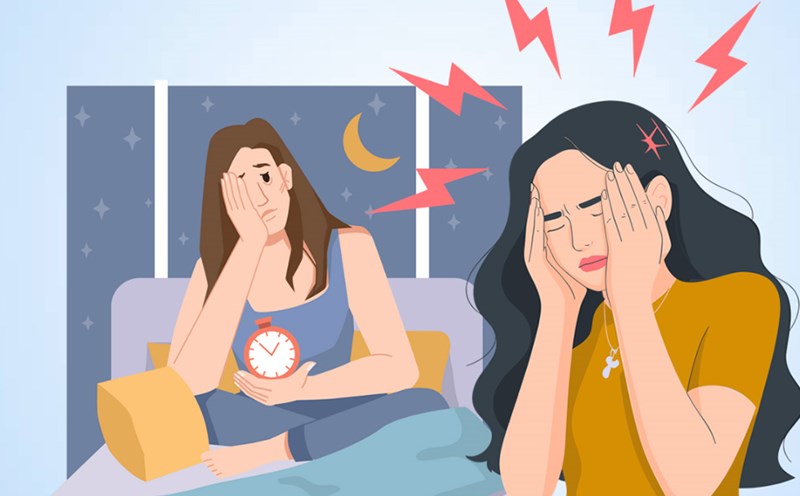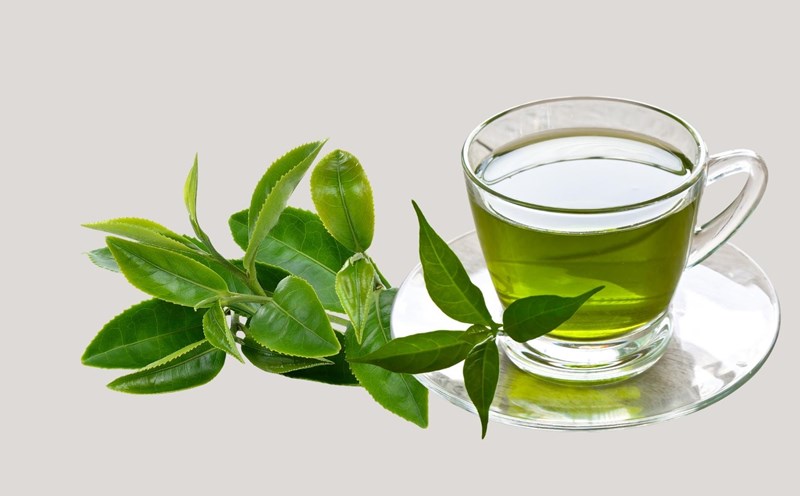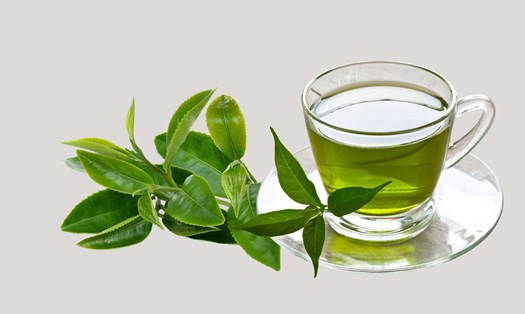Why can tea affect your hormones?
Hormones are chemical transmitters that control sleep, weight, emotions, metabolism and reproductive health. When there is an imbalance, the body can experience hot flashes, menstrual disorders, acne or unusual hair growth.
According to Dr. Arno Kroner, DAOM, an integrative medicine expert in California (USA): A healthy lifestyle and healthcare are always key factors. However, some herbal teas can help regulate hormones gently."
Green tea, mint, chasteberry, eucalyptus and licorice root are five types of tea that are often mentioned in research.
5 types of tea that help balance hormones
Green tea: Rich in EGCG antioxidants, green tea helps improve insulin sensitivity, stabilize estrogen and support energy metabolism. Drinking regularly for many months can benefit women with polycystic ovary syndrome (PCOS), while supporting sleep and a stable weight.
Peppermint tea: Extracted from mentha spicata, this tea is caffeine-free and has a sweet taste. Research shows that peppermint tea can reduce testosterone, reduce acne and support more regular menstruation in PCOS women.
Chasteberry tea (Vitex agnus-castus): Also known as "rooster pepper", chasteberry is used to reduce symptoms of premenstrual syndrome (PMS), support progesterone production and improve fertility. However, pregnant women, mothers or women with hormone-related diseases should avoid using them.
Menstrual tea: This mint herb can reduce male hormones in PCOS, while soothing menstrual cramps and supporting regular cycles. Menopausal tea has a refreshing taste, but is not recommended for pregnant or breastfeeding women.
Licorice root tea: Licorice root contains estrogen-like compounds, which can reduce testosterone and support the adrenal glands. Some studies show that it helps reduce stress and improve menopausal symptoms. However, drinking regularly can increase blood pressure and lower potassium, so consult a doctor before long-term use.
Pre-use advice
Herbal tea can be a natural supplement, but should not be considered a medical treatment alternative. Some types of tea can interact with drugs or cause side effects when consumed for a long time.
As Brandi Jones, MSN-ED RN-BC, the author of the article emphasized: It is important to listen to your body and consult your doctor before including herbs in your daily diet, especially if you have a chronic health condition.










